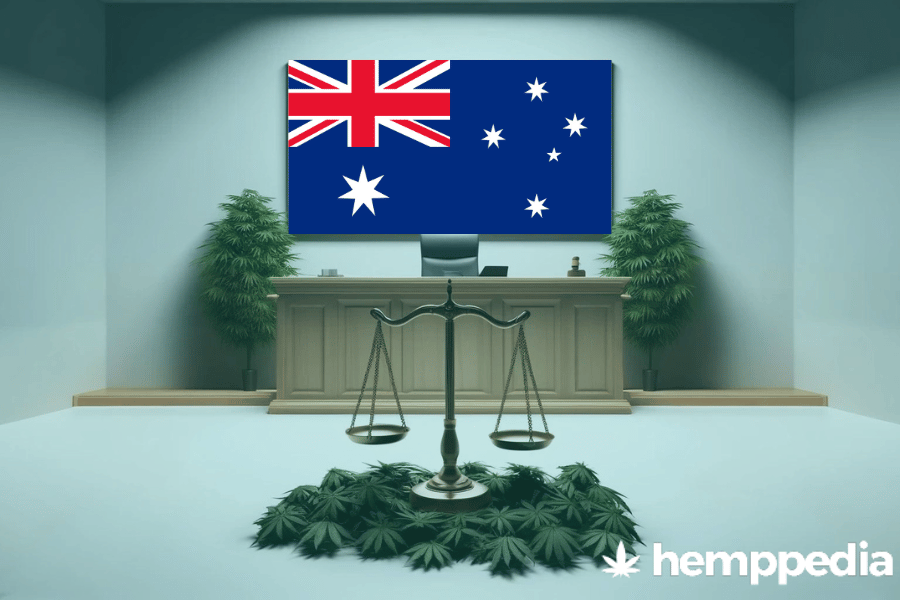TL;DR
In Australia, the legality of cannabis varies by jurisdiction. Medical use of cannabis is broadly legal nationwide, while recreational use remains largely criminalized except in the Australian Capital Territory. Below is a general summary.
| Medical Use | Recreational Use | |
|---|---|---|
| THC | Legal* | Illegal* |
| CBD | Legal* | Illegal* |
*Exceptions apply based on state and other regulations.
Introduction
Understanding the legal landscape of cannabis in Australia is an important issue due to the changing global trajectory of cannabis legislation. Some jurisdictions are moving towards legalization or decriminalization, while others are tightening regulations. This post will shed light on the specifics of Australia’s cannabis legislation.
Overview of Cannabis Legislation
Key Definitions
- Legalization: Making an action or substance fully legal and regulated by the government.
- Decriminalization: Reducing penalties for an action or substance, but not making it fully legal.
- Medical Use: Use of a substance under medical supervision or for therapeutic purposes.
- Recreational Use: Use of a substance for personal enjoyment rather than therapeutic purposes.
Cannabis legality varies greatly across the globe. Some nations have fully legalized cannabis, others have decriminalized it or allowed medical use, and some continue to enforce strict controls.
Australia’s Cannabis Legislation
Legal status
In most of Australia, medical use of cannabis is legal while recreational use is illegal. However, in the Australian Capital Territory, possession and personal use of small amounts of cannabis is decriminalized.
Historical Context
Cannabis has been used for medicinal purposes since the 19th century in Australia. However, Cannabis was criminalized in the mid-20th century, a policy which remains largely in place, although exceptions have been made for medical use.
Possession and Use
In most of Australia, possessing or using cannabis is illegal without a prescription. The exceptions are the Australian Capital Territory, where possessing up to 50 grams of dried cannabis or growing two cannabis plants per person is decriminalized.
Cultivation and Distribution
Without a license, cultivating cannabis is generally illegal. These licenses are rarely granted. Legal medical cannabis is typically grown by licensed producers and sold through pharmacies.
Enforcement and Penalties
Enforcement of cannabis laws varies by state. Penalties can include fines or imprisonment. However, in recent years, some police in some states have adopted a more tolerant attitude towards minor offenses.
Medical Cannabis
Medical cannabis can be prescribed for a variety of conditions in Australia, including chronic pain and some neurological disorders. However, obtaining a prescription can be a complex process.
Social and Economic Impact
Despite prohibition, cannabis remains widely used in Australia. Legalization would likely generate significant tax revenue, although public health impacts are a source of debate.
Comparative Analysis
Compared to the United States and Canada, Australia’s cannabis laws are more conservative. Although medical use is permitted, recreational cannabis remains largely illegal.
Future Outlook and Ongoing Debates
There is ongoing debate over whether to further liberalize Australia’s cannabis laws. While some see potential economic and social benefits, others raise concerns about public health and safety.
Conclusion
In conclusion, while medical cannabis is legal in Australia, recreational use remains largely criminalized. The future trajectory of Australia’s cannabis laws remains an issue of active debate.





